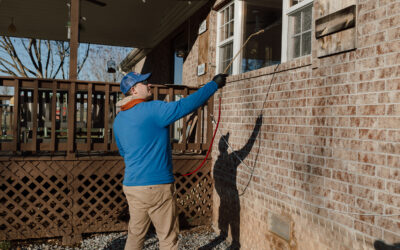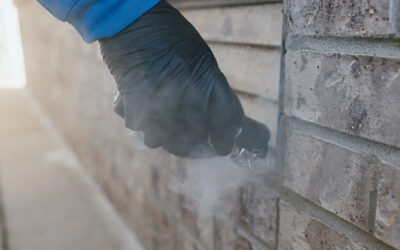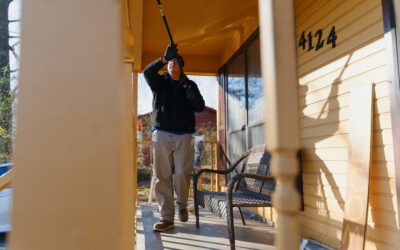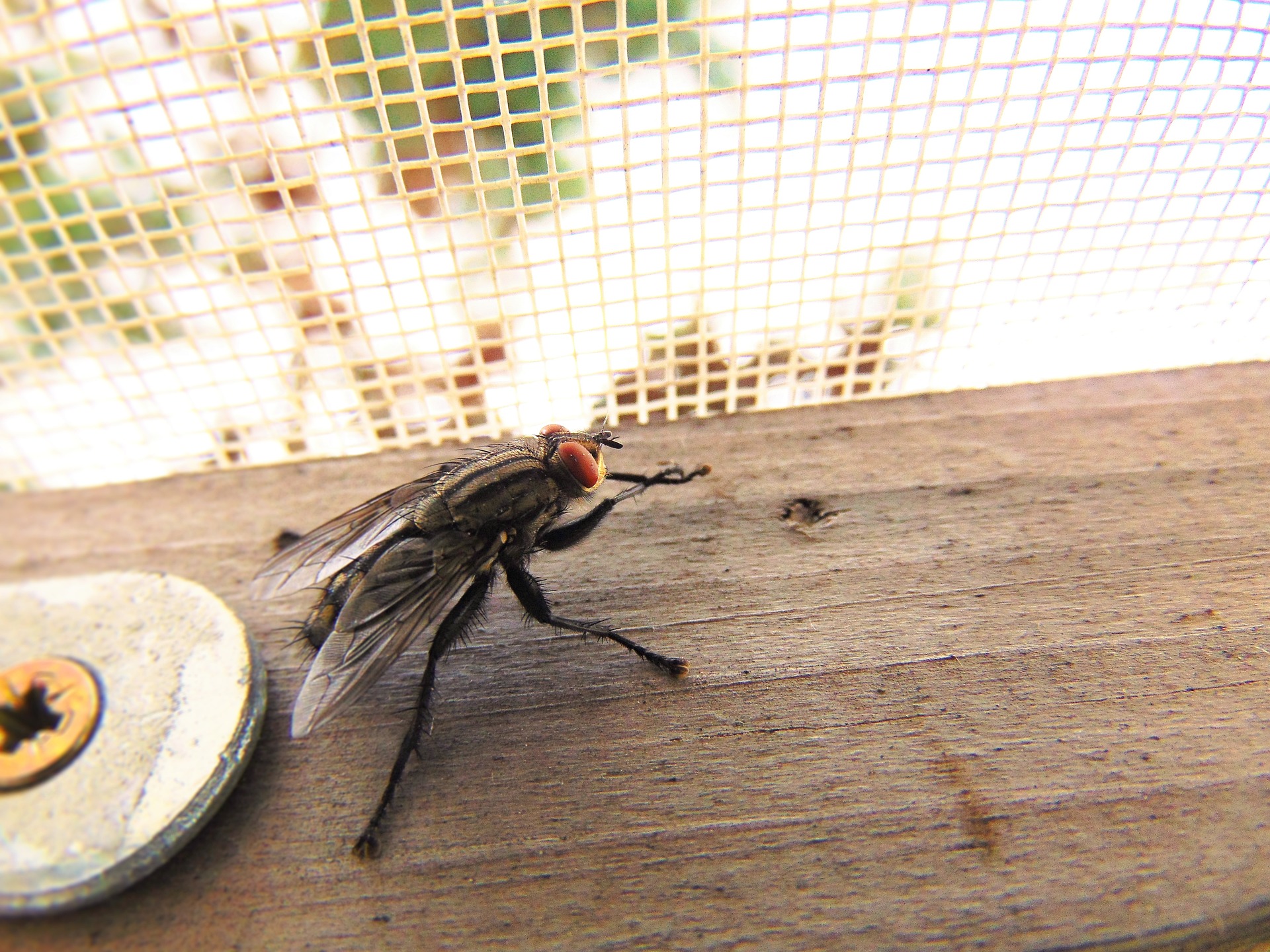
The importance of pest control in a hotel
Hotel properties are business investments that must be managed carefully in order to ensure that they provide enough return on investment to justify their cost. The facility must be maintained to preserve habitability, so that guests continue to stay at the hotel and enjoy their time there.
This means keeping the hotel clean, maintaining its structural integrity, and making sure that pests don’t bug guests. Pest control is of utmost importance in a hotel for several reasons. A hotel is a commercial establishment that caters to a large number of guests, and any pest infestation can have severe consequences on the reputation, guest experience, and overall business operations. Here are some key reasons why pest control is crucial in a hotel:
Guest Experience
A clean and pest-free environment is essential for providing a pleasant and comfortable experience to guests. Pest infestations, such as bed bugs, cockroaches, rodents, or ants, can lead to guest complaints, discomfort, and negative reviews. Ensuring effective pest control measures helps maintain a hygienic and inviting atmosphere for guests.
Health and Safety
Pests can pose serious health risks to both guests and staff. They can carry and transmit various diseases, contaminate food and surfaces, and cause allergic reactions. By implementing proper pest control practices, hotels can mitigate health hazards and create a safe environment for everyone.
Reputation Management
In the hospitality industry, reputation is crucial. A single pest-related incident can quickly spread through online reviews, social media, and word of mouth, tarnishing the hotel’s image and potentially leading to a loss of business. Regular pest control and prevention measures demonstrate a commitment to cleanliness and guest satisfaction, enhancing the hotel’s reputation.
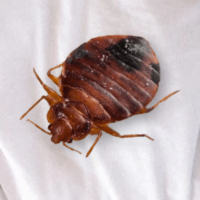
Compliance with Regulations
Hotels are subject to health and safety regulations set by local authorities. These regulations often include specific guidelines for pest control and prevention. By adhering to these regulations, hotels can avoid penalties, legal issues, and potential closures.
Preservation of Infrastructure
Pests can cause significant damage to a hotel’s infrastructure, including walls, furniture, electrical wiring, and plumbing systems. For instance, termites can silently eat away at wooden structures, resulting in costly repairs. Regular pest control helps identify and eliminate such threats, safeguarding the hotel’s physical assets.
Cost Savings
While investing in pest control may seem like an additional expense, it is a proactive measure that can save money in the long run. Preventing pest infestations through regular inspections, monitoring, and timely treatments is generally more cost-effective than dealing with the consequences of a full-blown infestation.
Overall, pest control is vital in a hotel to ensure a healthy, pleasant, and safe environment for guests, protect the hotel’s reputation, comply with regulations, preserve infrastructure, and achieve long-term cost savings. By prioritizing pest control measures, hotels can maintain high standards of cleanliness, guest satisfaction, and business success.
West Termite, Pest & Lawn is ready to set a pest control schedule for your hotel property and deal with any issues that you might run into. Call us today to learn more!
More posts from West Termite, Pest & Lawn
Pestproofing Entry Points Before Spring
As spring approaches in Arkansas, homeowners face an increased risk of pests seeking warmth, food, and shelter. Many infestations begin with small, unnoticed entry points that allow insects, rodents, and other pests to move indoors. Pestproofing your home before the...
Early Spring Termite Activity in Arkansas
As Arkansas begins to warm in early spring, homeowners may assume termites remain dormant until the summer months. In reality, spring termite colonies can become active much earlier, especially as soil temperatures rise and moisture levels increase. Subterranean and...
Preparing Your Home for Early Spring Pests
As winter fades and temperatures rise in Arkansas, homes become vulnerable to a fresh wave of early spring pests. Early spring is a critical time to take preventive action because insects, rodents, and other pests start emerging from dormancy, seeking food, warmth,...

